Chris Reeve: designer and creator of the legendary Sebenza
Chris Reeve is one of the most legendary names in the world of knives. Ever since the eighties he has been a real trendsetter. After all, innovations introduced by him are today often included in almost all pocket knives.
Chris Reeve
| Born | 4 December 1953 in Durban, South-Africa |
|---|---|
| Place of residence | Boise, Idaho, United States |
| Knife maker since | 1982 |
| Own brand | Chris Reeve Knives |
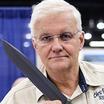
When you are asked to use one word to describe Chris Reeve’s entire design and manufacturing career the only thing you can think of to say is precision. There is not one knife manufacturer out there who works as precise as Chris Reeve Knives. Take, for instance, the fact that Reeve once hired an engineer who previously worked for Boeing. The same engineer called Reeve a fool for maintaining tighter tolerances for his knives, than Boeing had ever maintained for its planes.
The one and only Chris Reeve Sebenza
The most famous Chris Reeve design is the legendary Sebenza. The name Sebenza means work, and although a lot of people often ‘think twice before cutting once’ using a knife from this price range the Sebenza has definitely been designed to work with. The materials, shapes, tolerances and technical ingenuity: the Sebenza is absolutely unique. Perhaps it should even be considered to be the most copied pocket knife out there.
The Sebenza 21 Pivot Bushing
A unique aspect of the Sebenza 21 is the construction of the pivot. In short it comes down to this, the knife is guaranteed to be blade play free and centred, while still moving smoothly. To dive deeper into the matter: this because Chris Reeve has the distance between the frame determined by a steel tube. This tube is the same length as the thickness of the blade and washers combined (including a minimal tolerance for grease etc.).
This enables you to loosen the pivot without the blade moving and without any significant blade play. A massive contrast when compared to the ‘normal’ pocket knives where you specifically need to adjust the pivot to centre the knife.
You might wonder why not more manufactures make use of this solution. Here’s why: it is incredibly labour intensive to adjust a pocket knife with that kind of bushing. At the assembly department at Chris Reeve Knives his employees work all day moving washers over a piece of fine emery cloth. As such they tune the thickness of the phosphoric bronze washers until the knife runs smoothly.
Chris Reeve Mnandi, Inkosi, Green Beret, etc...
Chris Reeve’s success began with the Sebenza. But it didn’t end there! Soon after Reeve introduced a number of different pocket and fixed knives. Take, for instance, the Mnandi-gentleman's knife. A stylish and compact knife, enhanced with luxurious materials.
As the successor of the successful Sebenza 21 Reeve introduced the Sebenza 25. A knife which was later on followed by the Inkosi-serie. A collection that was, technically speaking, even further developed as the washers used were gigantic and the construction of the stop-pin was phenomenal.
Chris Reeve never lost sight of the model he started out with. The fixed knives are, without a doubt, amazing. Cooperating with experts in the field (think of soldiers) and designer Bill Harsey brought us amazing knives such as the Green Beret and the Professional Soldier. However, our personal favourite has to be the Nyala. An exquisite hunting knife with a stunning handle.
The inventor of the frame lock
One of Chris Reeve’s most famous inventions has got to be the frame lock. Or, as he once called it: the Reeve Integral Lock (RIL). While in the eighties knives with a liner lock were emerging, Reeve improved this mechanism. Instead of a thin sheet of metal or titanium he used the entire width of one side of the frame. The result was an even firmer lock with a larger contact surface. Not only stronger because of the thicker material, but also because the user’s hand plays a role. By holding the knife in hand you can, more easily, push the lock in place. Today you can find this frame lock at almost every pocket knife manufacturer. However, the precision and shape with which Reeve makes them has rarely been matched.
Today you can find the frame lock at almost every pocket knife manufacturer. However, the precision and shape with which Reeve makes them has rarely been matched.
One of the characteristics of the frame lock made by Chris Reeve is the late lock-up. For several second-rate brands a late lock-up means that the lock has reached the end of its lifespan. However, for Chris Reeve the standard is as follows: a substantial contact surface and no room for further ‘movement’. Something which is also no longer necessary because Reeve has perfected the frame lock to such an extent that even after years the knife will have a perfect lock-up. A Sebenza or Inkosi with an early lock-up is rarer than one with a late lock-up. It is, therefore, absolutely not a disadvantage, but a quality characteristic.
Additional innovations
During his thirty years of knife making Chris Reeve has come up with much more. For instance, he is the one who introduced a knife made from one piece of steel with a hollow handle. In addition, he figured out how, with a frame lock, you can press the ceramic detent ball onto the corner of the lock bar for extra sustainability, and he worked with Crucible on the development of the CPM S30V and CPM S35VN steel types. Moreover, he was the first to determine that it is extremely useful to pierce through phosphoric bronze washers to prevent friction and store grease. On top of that he invented a couple of locks and he is mentioned as one of the first people who gave a blade a stonewashedfinish.
Chris Reeve’s younger years
Chris Reeve was born on the fourth of December 1953 in Durban, South Africa. At a later age he studied to become a mechanical engineer and in his free time he loved to race motorcycles. During these races he was one of the few who wasn’t sponsored by a factory. For this reason he decided to make most parts and tools himself. Even then he was very resourceful.
When Reeve was enlisted in the seventies he found that one key component was missing from his standard equipment: a knife. Because of his limited budget he decided to take matters into his own hands and make one himself. A beautiful knife with a wooden handle. Great in the humid surroundings of Durban, a little less so in the desert near Mozambique. Within days the wood burst, something he, as a soldier, really couldn’t have happen.
As a true mechanic he immediately started brainstorming and sketching. The result was a knife with a blade and handle made from one piece of steel. A hollow handle that is. A perfect place to store a survival pack. He no longer had to worry about differences in temperature and humidity.
Eventually Reeve introduced the first One Piece knives in the early days of the eighties. Completely custom, handmade. You couldn’t even talk of production. But soon the demand increased and in January of 1984 Reeve started making knives fulltime.
In 1987 Reeve was able to present the first precursor of the Sebenza. A knife which was awarded with the ‘Best Folding Knife’ award by the Knifemakers Guild South Africa. The first in a range of awards yet to come.
In the following years Chris Reeve and his wife Anne started building and expanding their company. However, in 1989 they decided that their company would have more of a future in the United States and they moved from South Africa to Boise, Idaho in the United States.
Here Chris Reeve continues to design and improve his impeccable reputation. The number of times he won the prestigious Manufacturing Quality Award can no longer be counted on one hand. He designs new knives. Solo, but also with designers such as Grant & Gavin Hawk and William (Bill) Harsey. For knife enthusiasts and knife makers the Chris Reeve knives are still the benchmade for top-quality products.
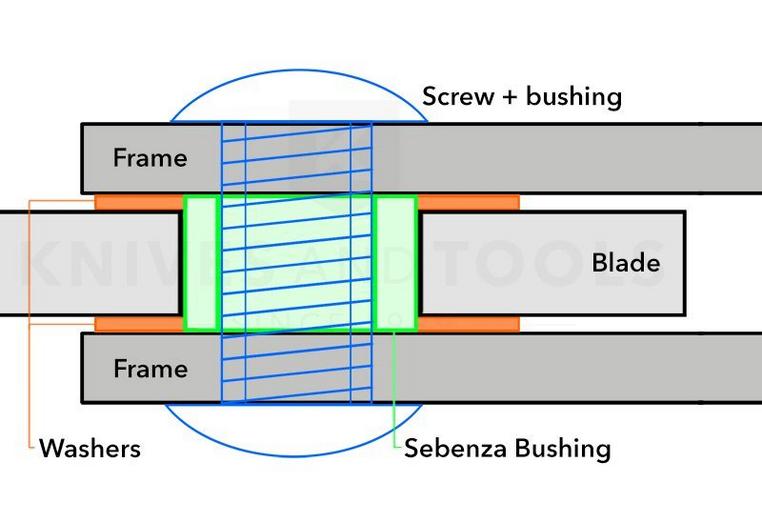
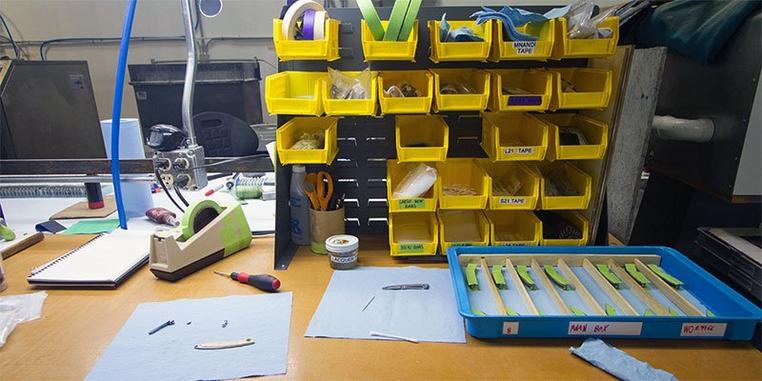
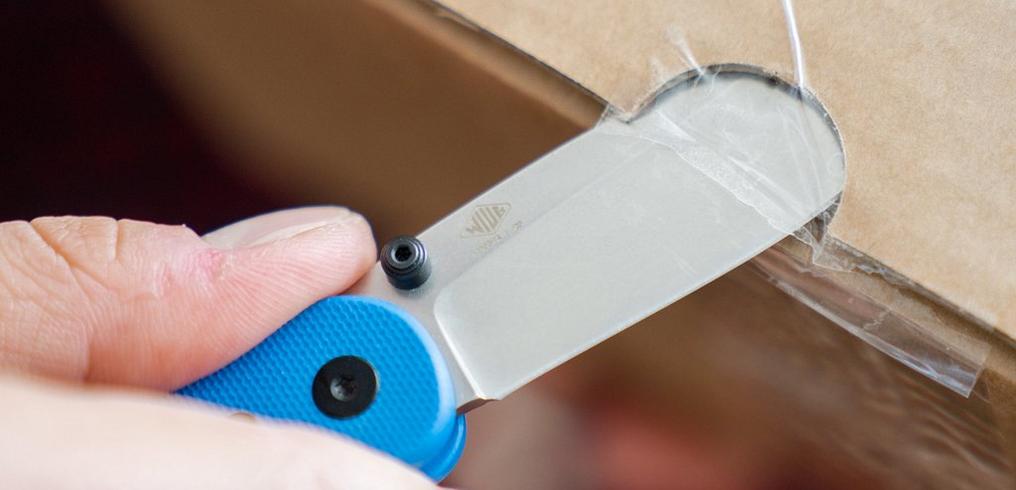
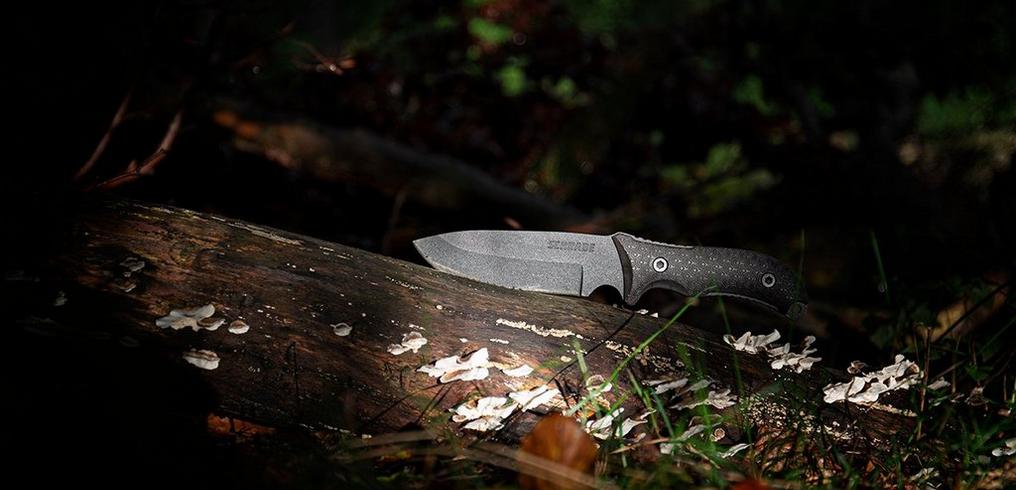
?%24center=center&%24poi=poi&%24product-image%24=&fmt=auto&h=490&poi=%7B%24this.metadata.pointOfInterest.x%7D%2C%7B%24this.metadata.pointOfInterest.y%7D%2C%7B%24this.metadata.pointOfInterest.w%7D%2C%7B%24this.metadata.pointOfInterest.h%7D&scaleFit=%7B%28%24this.metadata.pointOfInterest%29%3F%24poi%3A%24center%7D&sm=c&w=1016)
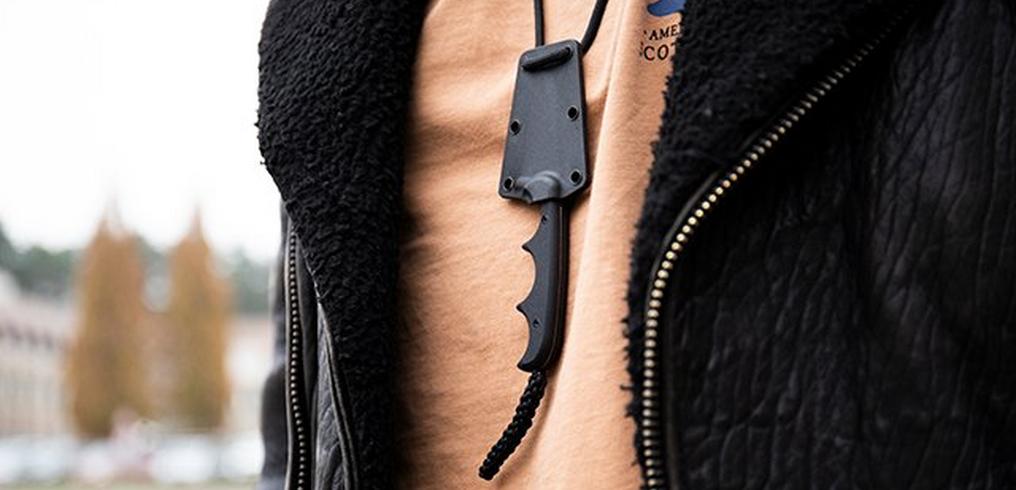
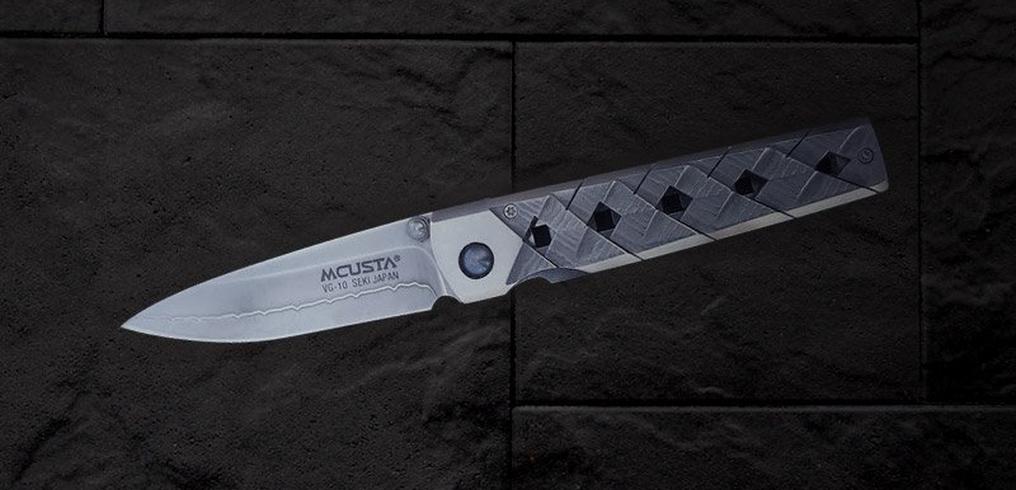
?%24center=center&%24poi=poi&%24product-image%24=&fmt=auto&h=490&poi=%7B%24this.metadata.pointOfInterest.x%7D%2C%7B%24this.metadata.pointOfInterest.y%7D%2C%7B%24this.metadata.pointOfInterest.w%7D%2C%7B%24this.metadata.pointOfInterest.h%7D&scaleFit=%7B%28%24this.metadata.pointOfInterest%29%3F%24poi%3A%24center%7D&sm=c&w=1016)

